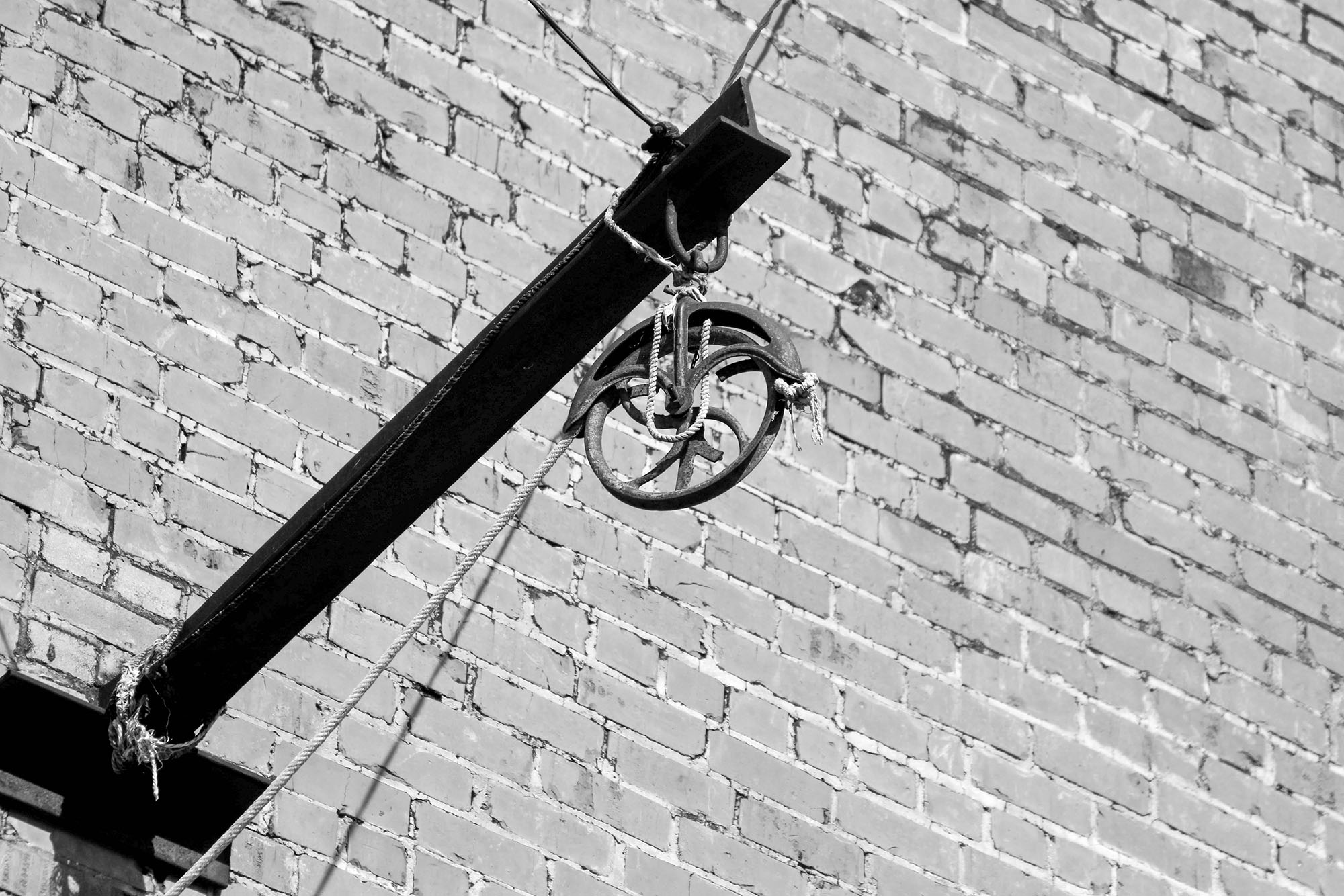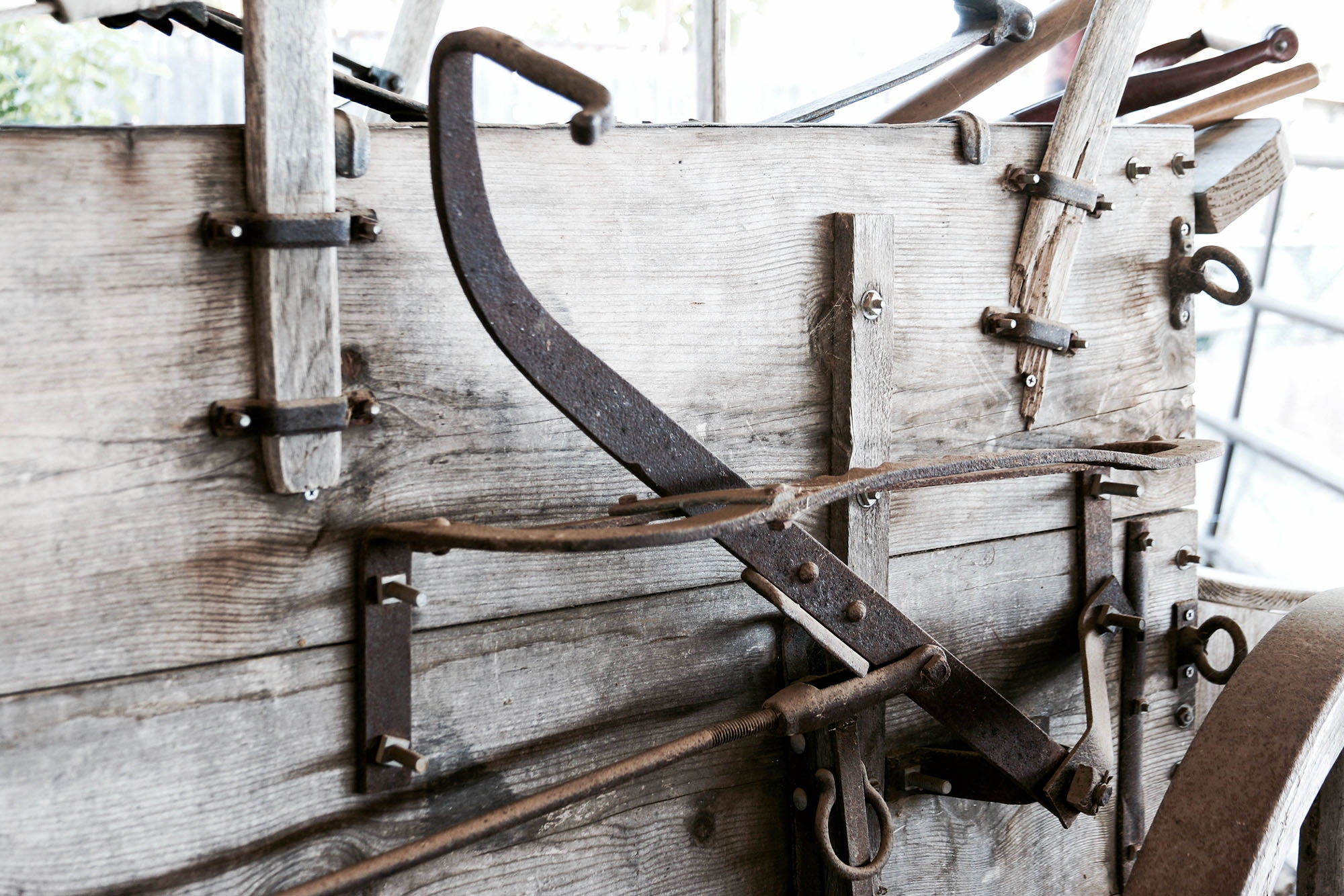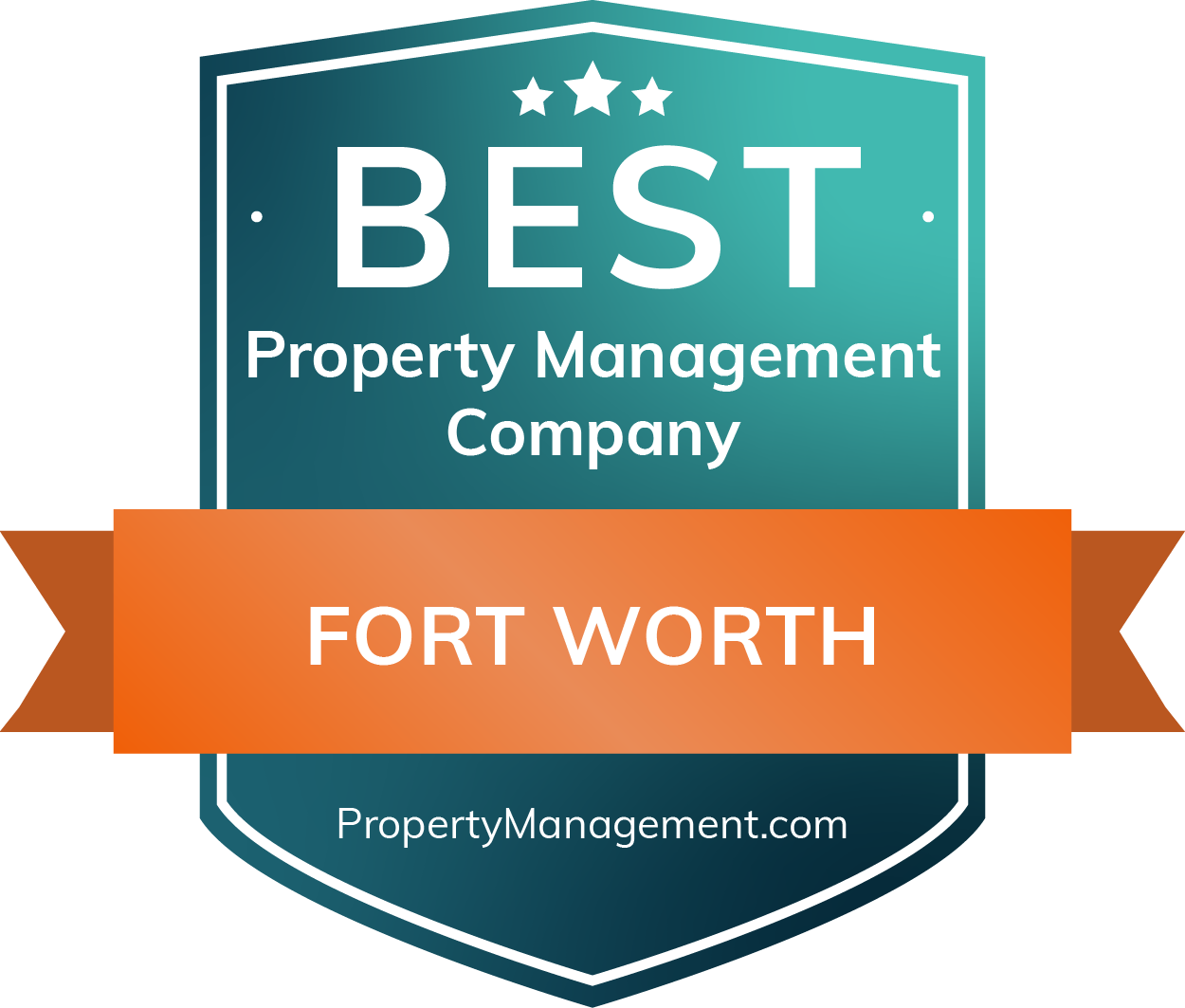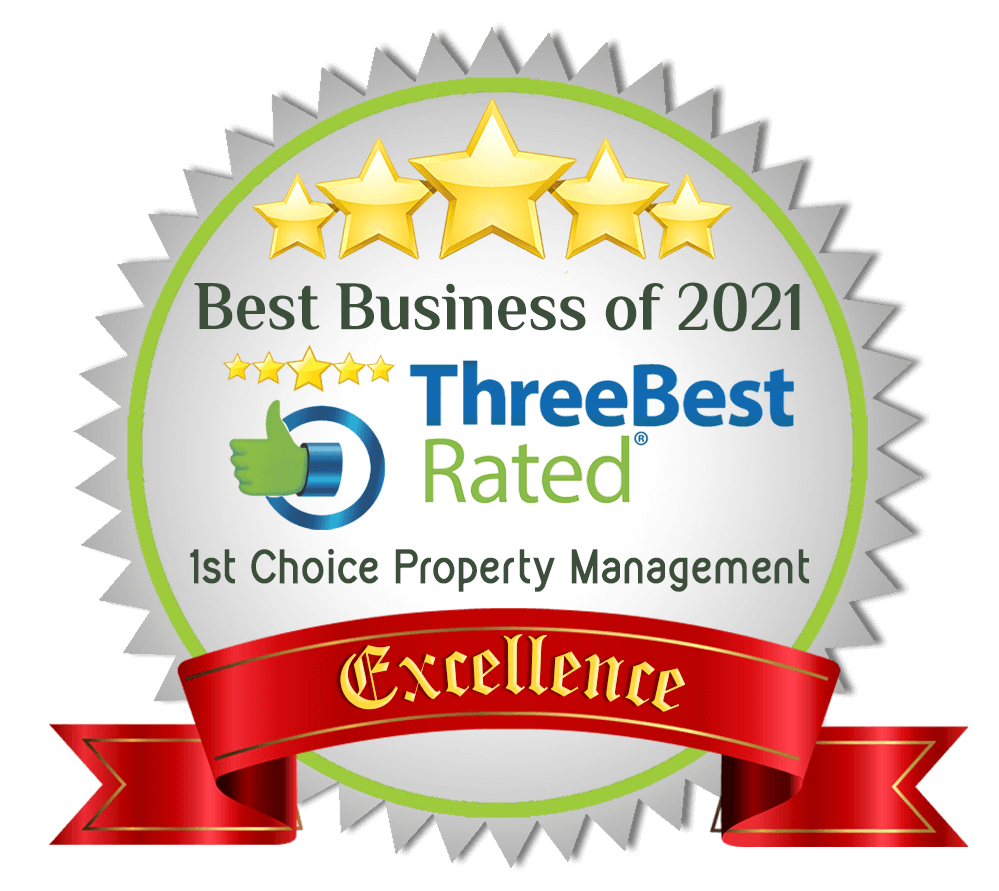
10.3 million people in the United States own rental properties. That's only 6.7% of tax filers, but many of these individuals own more than one rental property. Those who choose to own rental properties often find them to be wise investments.
Yet, many people hold back when they think of all the tasks involved in managing a rental. Dealing with renters, screening for tenants, and handling repairs are all part of the gig. But for many, the worst task of all is rental property accounting.
It's true that accounting for your rental property can be a complex task. Yet with the right strategies in place, you can streamline the process. Keep reading for tips that make the process less daunting!
Separate Business and Personal Finances
First things first, it's essential to separate your personal and rental finances. Open a bank account for each rental property you own. This will make tracking your rental property expenses and income much easier.
Document Every Transaction
Maintain thorough records of all financial transactions related to your rental property. This includes:
- Rent received
- Expenses paid (repairs, maintenance, utilities, etc.)
- Any other financial activity
Accurate documentation is crucial for tax purposes and audits.
Use Rental Property Software
Consider using specialized rental property accounting software or property management platforms. These tools often include:
- Income and expense tracking
- Automatic rent reminders
- Tax preparation tools
Using the right software can make managing your accounting much easier.
Regular Reconciliation
Reconcile your account regularly by comparing your financial records with your bank statements. This helps identify discrepancies. It also ensures accurate financial reporting.
Track Rental Income
Keep meticulous records of all rental income received. Label each income source, whether it's:
- Monthly rent
- Security deposits
- Other payments
This simplifies income tracking and ensures you report accurately to tax authorities.
Categorize Expenses
Properly categorize your expenses to take advantage of potential tax deductions. Common categories include:
- Repairs
- Maintenance
- Property management fees
- Insurance
- Property taxes
- Utilities
These records may also help you identify areas that are cutting into your profits.
Monitor Tenant Payment Status
Stay on top of tenant payments and late fees. Put a system in place to track rent due dates and send timely reminders to tenants. This minimizes rental income gaps and helps with cash flow management.
Plan for Taxes
Set aside funds for taxes on rental income. Consult with a tax professional to understand your tax obligations. Accountants are also experts on deductions, so using a reputable one can save you a lot of money.
Backup Your Data
Ensure all financial records and data are securely backed up. If you use software to track it, save it to the cloud. Be sure also to keep hard copies of your records.
This protects your crucial financial information from technical issues or accidents.
Simplify Rental Property Accounting
With the help of these tips, you can simplify rental property bookkeeping. Of course, not everyone has the time to handle their own rental property accounting. If that's your case, consider hiring a property management company.
At 1st Choice Property Management, we offer bookkeeping services tailored to property owners as part of our full-service management. We provide valuable insights, ensure your compliance with tax regulations, and help you increase profits on your rental. Contact us today to learn more!













